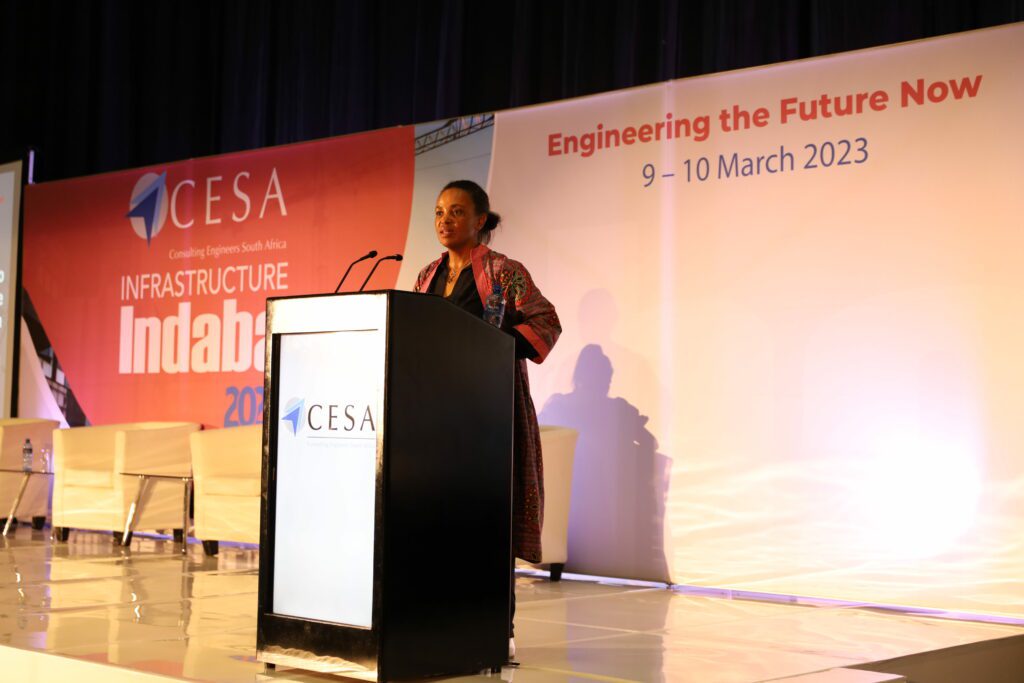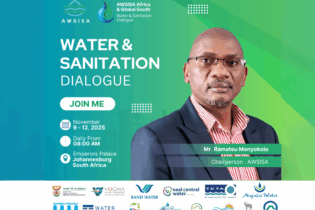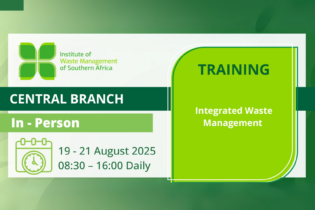The second day of Consulting Engineers South Africa’s (CESA) Annual Infrastructure Indaba, held in Durban, KwaZulu-Natal, kicked off with a detailed discussion around procurement processes in South Africa’s public sector.
David Leukes, vice-president of CESA, welcomed delegates to the second day of the Indaba, and Amanda Masondo-Mkhize, a technician at MPAMOT, facilitated the ‘The procurement and performance management practices for public infrastructure in South Africa,’ session. The keynote address was delivered by Thami Zikode CA (SA), Head of Portfolio, Regularity Audit: Auditor-General of South Africa (AGSA). He called on consulting engineers to assist in ensuring that projects are properly planned and there is adherence to the budgets, timelines and efficient processes. “You have a responsibility in delivering services economically, efficiently and effectively given the state of our country’s economy,” said Zikode. In terms of the country’s procurement, he believed the systems and processes were in place. “The issue of accountability and consequence management are key to unlocking procurement in this country. The difficulty is that once you get to the point where you have implemented consequence management, it means something wrong has happened. So, I think the issue of making sure that we professionalize the public sector, especially the procurement selection, will go a long way in making sure that things get done the right way, right from the beginning.” Alain Jacquet, Director of SABEeX, concurred: “We have the systems, but they are not being used effectively. And this needs to change. We must focus our energy on the content of the procurement processes rather than running the procurement processes.”
The session was opened by Renee Petersen, CESA’s Young Professional Forum chairperson and HHO Consulting Engineers’ Civil Engineering Technologist, who called for young professionals to have a “seat at the table” to ensure transformation of the engineering fraternity with young professionals not just making a difference at junior levels but moving into senior levels.
“Young professionals bring a new perspective to shaping the built environment in collaboration and with guidance from seasoned professionals.” Sibusiso Mjwara, PrTechEng and GEDP, President of the Institute of Municipal Engineering of Southern Africa (IMESA), advocated that together with other engineering professional bodies, everyone has a responsibility for designing and constructing the infrastructure for the future generations in all aspects of municipal engineering. Meanwhile, Sikhulile Nhassengo, a CESA Transformation Committee member, and Director at Maninga Engineering, explained that the construction industry in Africa is slow in its adoption of BIM processes despite its numerous advantages. “Is the construction industry read for BIM? Is government ready for BIM? We must start using augmented technology today if we want to change the way in which we build the future of South Africa and Africa.”







